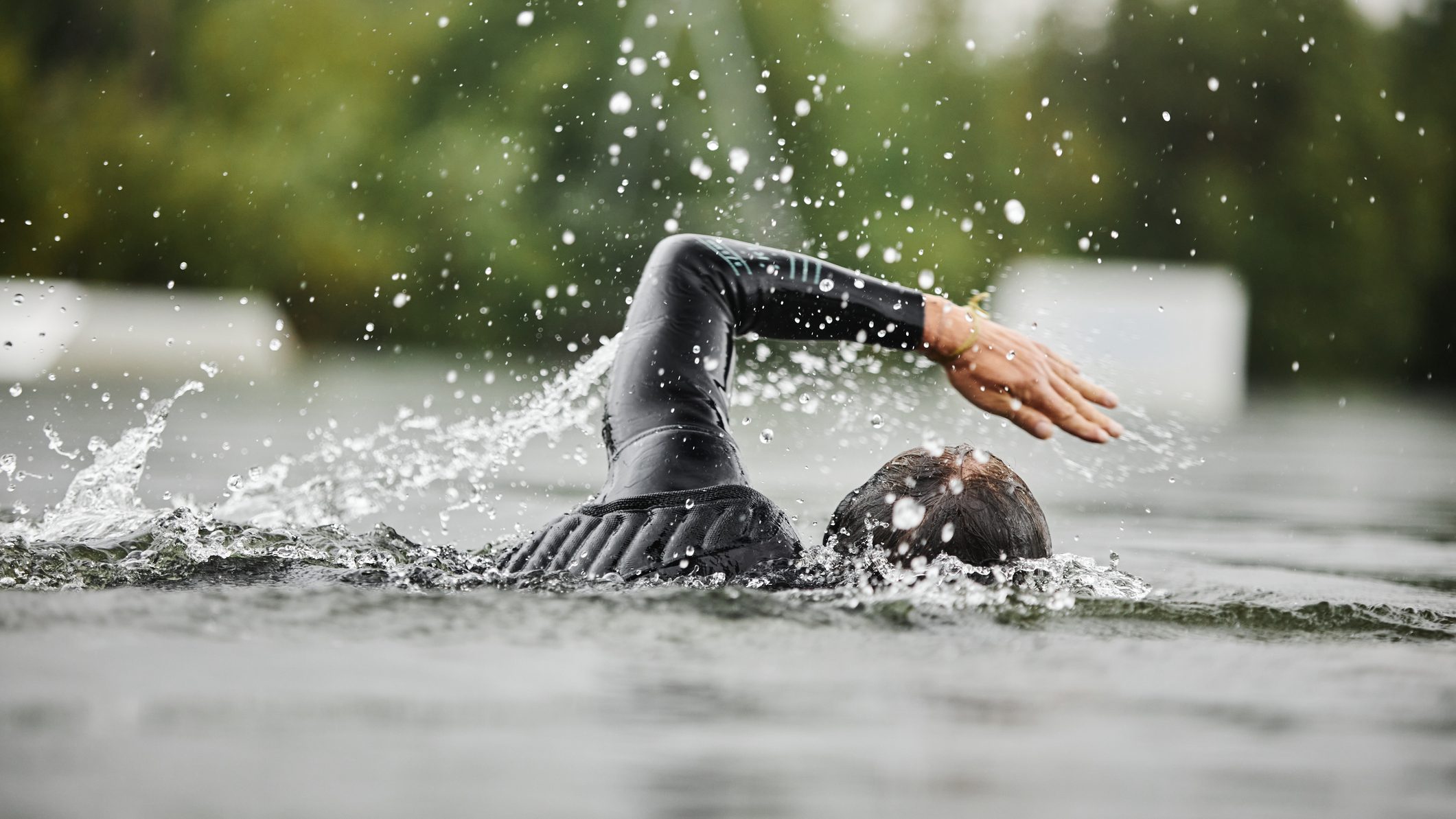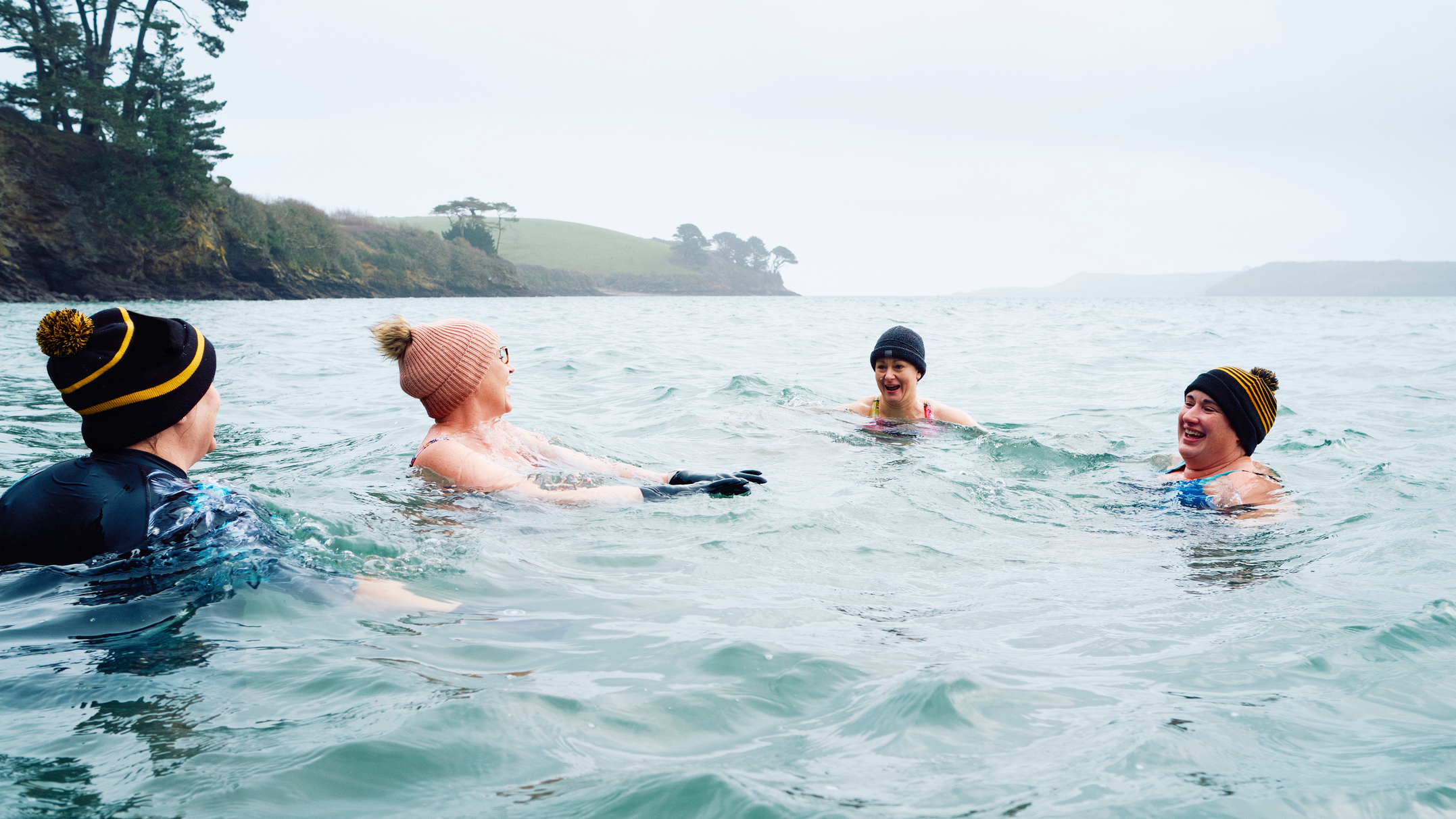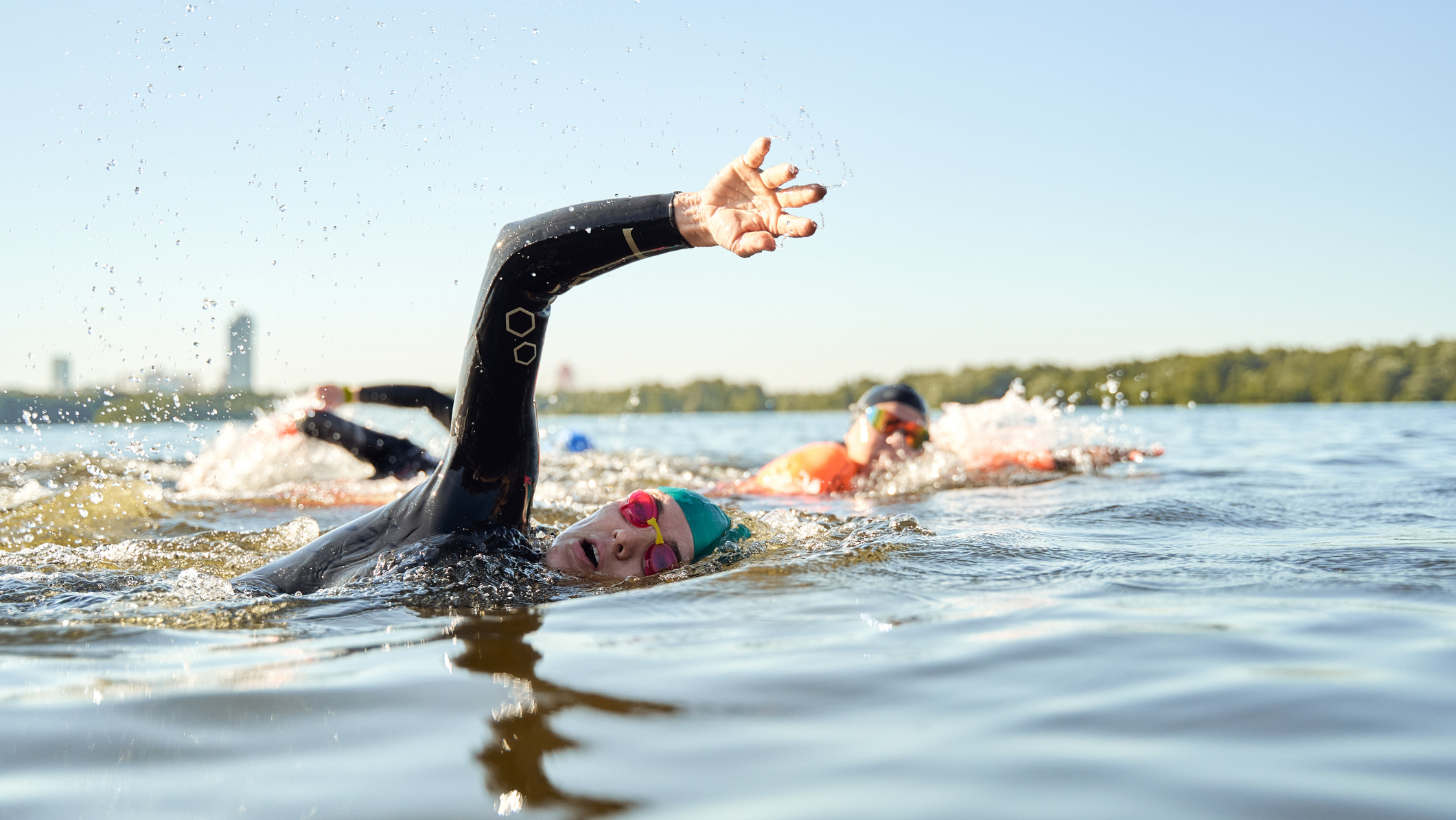“Open water can have hidden dangers that can prove fatal” - teen boy dies during lake swim
Authorities are pleading with the public to take care after the 16-year-old's body was found in a Nottinghamshire lake

Authorities in the UK are urging open water swimmers to act with caution after a teenager drowned in a popular lake.
The 16-year-old died after getting into difficulty while swimming in Colwick Country Park lake on Wednesday afternoon (April 30).
The emergency services were called and a police underwater search team discovered his body a few hours later. The boy’s family have been informed and are now being supported by specially-trained officers.
"This is a tragic discovery and our thoughts are with this boy's family and friends at this incredibly difficult time," said Police Chief Inspector David Mather, before urging swimmers to avoid risks in open water.
"As in this tragic case, open water can have hidden dangers that can prove fatal and I would urge anyone who spends any time on or near open water to use this case as a devastating reminder of that."
It's not yet clear how the boy got into difficulty, but this death is not being treated as suspicious.
Group Manager Tom Staples, of Nottinghamshire Fire and Rescue Service added: "This tragic incident serves as a stark reminder of the hidden dangers of open water. We urge everyone to take care around lakes, rivers, and other natural bodies of water. "
All the latest inspiration, tips and guides to help you plan your next Advnture!

While it can be safe and enjoyable, open water swimming carries multiple risks, including cold water shock and illness from bacteria and pollution in the water.
Safety advice
If you're planning on open water swimming, make sure to prepare in advance and check out our essential safety tips.
- Don't go alone - From rip currents to cold conditions, open water swimming carries multiple risks. A friend or group of other open water swimmers can get help and potentially save your life in an emergency situation.
- Prepare for conditions - The best open water swimming gear is essential for a safe and enjoyable swim. Rivers, lakes, and seas are almost always colder than open-air and indoor pools, so get yourself ready for a chilly dip. If you feel too cold, leave the water and wrap yourself in something insulating like a changing robe.
- Don't jump in - Never jump into open water. It can be unclear where the bottom is and what lies beneath the surface, so wade in slowly and carefully.

- Monitor the water quality - Open water can contain dangerous bacteria like E. coli, particularly after heavy rainfall. You can check pollution levels using the How's My Waterway map in the US and the Surfers against Sewage map in the UK.
- Keep an eye out for currents - Strong currents can carry you off course, whether you're swimming in a river or the ocean. Ensure you can spot one, and if you're caught in a current, swim parallel to the shore until it peters out.
For more open water swimming safety tips, check out our expert guide.
- The best changing robes: cocoon yourself post-swim in a protective layer
- The best water shoes: fast-draining, quick-drying and ready to take you from the shore to the sea

Will Symons developed his love of the outdoors as a student, exploring every inch of Sussex’s South Downs national park and swimming off the Brighton seafront. Now a staff writer for Advnture, Will previously worked as a freelance journalist and writer, covering everything from cricket to ancient history. Like most Advnture staff, Will’s free time is rarely spent indoors, he can often be found hiking, open water swimming or playing cricket.
